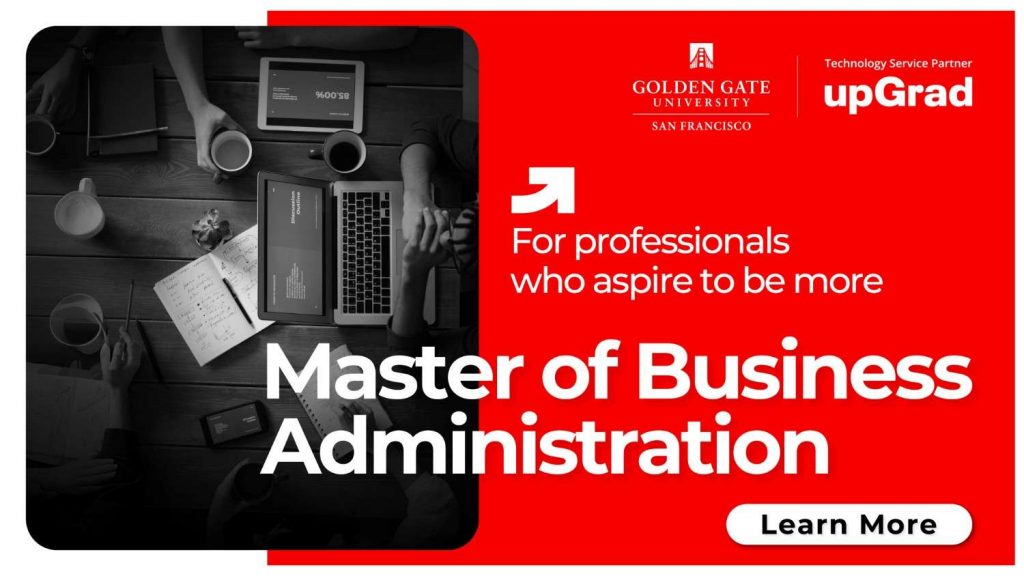Effective communication skills can help you grow in your career, while the lack of it can slow you down. Communication is crucial in helping you progress professionally or being stagnant at a position. They help professionals share ideas and build better relationships with colleagues and managers, and confidently lead their teams. These skills are your abilities that help you understand others and be understood by them.
Mastering key skills can fast-track your career growth, regardless of your role. In this article, we explore the top seven skills of effective communication in the workplace that help accelerate career growth in the right direction.
Top 7 Communication Skills to Boost Your Career
Effective communication at work isn’t just about communicating with others, it’s about connecting better with people. Proficiency in communication opens doors to career advancements, builds peer trust, and helps you move forward faster. Take a look at the top seven effective communication strategies in the workplace to help you connect better:
Active listening
Active listening is not just about hearing people out, it involves giving your complete attention and showing genuine interest in what the speaker is saying. You have to focus on the speaker, avoid distractions, and respond thoughtfully by asking questions. This kind of active listening is well-regarded in the workplace by your colleagues and subordinates and helps in building stronger connections.
Adapting your communication approach to suit your audience
Whether it is written or verbal, clarity and conciseness in your approach are the keys to powerful and persuasive communication strategies. Effective communication depends on choosing the right style for your audience, depending on the situation. A professional email or phone call works best for formal settings, such as communicating with potential employers. On the other hand, when communicating within the workplace it is better to convey ideas through verbal discussions in-person or over video calls.
Also Read: Online Certifications That Instantly Add Value to Your Resume
Positive attitude and friendliness
Trust and robust relationships at work grow from the same traits that strengthen friendship, such as honesty, kindness, and empathy. A positive attitude, open-mindedness, and simple gestures like a smile or thoughtful praise can go a long way in building meaningful connections with colleagues and managers.
Empathy and emotional intelligence
Empathy or understanding and sharing feelings, is an essential feature of communication for team and individual interactions. By recognizing the emotions in conversations, you can respond thoughtfully to strengthen collaboration and drive projects forward.

Confidence and assertiveness
Confidence and assertiveness helps you express ideas clearly to gain support of your seniors and team members. Maintaining eye contact, good posture, and being well-prepared can boost your confidence. Confidential communication can set you apart in team meetings or job interviews.
Exchanging constructive feedback
Constructive feedback is another key to effective communication. Being open to critical reactions and sharing constructive advice with others is crucial to improving communication skills at the workplace. Feedback offers valuable input to enhance interactions and turn criticism into an opportunity for growth.
Also Read: Top 5 Easy-to-Learn Tech Skills for New Career Paths in Canada
Understanding non-verbal cues
Communication also occurs through nonverbal signals like body language, facial expressions, and eye contact. Being mindful of these cues is as crucial in communication as the spoken words. Being aware of nonverbal signals helps ensure that your message is clear and well-received.
Modern Tools and Technologies to Improve Workplace Communication
Communication tools help teams stay connected and accomplish tasks quickly. Knowing how to use them effectively can enhance your efficiency and professional communication in the workplace.
For instance, modern tools like Slack, Zoom, and Microsoft Teams make staying connected at work easier. Here are some examples of effective communication in the workplace using modern tools and technologies:
| Tools | Uses |
|---|---|
| Microsoft Teams | A multi-purpose app for chat, video conferencing, file sharing, and app integration to make tasks smooth. |
| Zoom | Commonly used for hosting virtual meetings, webinars, and screen sharing. |
| Google Meet | A simple and secure global video conferencing tool used widely across teams and organizations. |
| Asana | Connects teams, work, and apps from anywhere. Helps plan and manage tasks from start to finish to streamline workflows. |
| Trello | A visual project tracking and communication app that helps teams stay organized and productive across different workflows. |
| Notion | A collaborative platform where teams can find answers, automate repetitive tasks, and manage complete projects efficiently. |
| ClickUp | An all-in-one tool for managing projects, tasks, and team communications to improve productivity and task alignment. |
| Outlook / Gmail | Popular email platforms integrated with calendars and task features for smooth professional communication. |
| Slack Huddles | Real-time video and screen sharing in any Slack channel, enhancing live team collaboration. |
| Miro | A digital whiteboard used for visual collaboration across teams, locations, and time zones to accelerate project work. |
How to Develop and Improve Communication Skills?
Here are some tips for developing and improving communication skills in the workplace:
- Seek constructive criticism/feedback: Ask trusted friends or colleagues to share feedback on your communication strategies to learn how others perceive you as a communicator. This will help you identify the areas to improve and focus on.
- Practice communication to improve the skill: Practice small changes like making eye contact, responding promptly, giving positive feedback, and asking thoughtful questions to develop effective communication in the workplace over time and improve your skills.
- Join a certification: Enroll in communication-focused sessions, such as seminars, workshops, or courses, online or offline, to sharpen your skills through hands-on learning.
- Seek communication opportunities: Volunteer for presentations, team meetings, or networking events to apply and improve your skills in real situations.
Also Read: What Recruiters in Canada Look for in Entry-Level Candidates
How can upGrad help?
upGrad offers industry-relevant programs to build technical expertise and sharpen essential soft skills to help with workplace communication. With expert-led sessions, these online courses are designed to help working professionals boost their effectiveness in communication. These skills help them in leading meetings, presenting ideas, or managing global teams. Strengthen your communication skills and accelerate your career with upGrad’s flexible, career-focused learning. Explore the official portal to find relevant courses to enroll in.
FAQs On Communication Skills to Accelerate Your Career Growth
Q: Are online courses effective for improving workplace communication skills?
Ans: Online programs provide structured learning and interactive tools to help build practical communication skills for professional settings.
Q: How can I improve my communication skills at work?
Ans: To improve your communication skills at work, you can practice active listening, seek feedback, join online courses, and work on clarity, empathy, and body language during conversations.
Q: Why is communication important in leadership roles?
Ans: Effective communication is crucial for leadership roles because it helps leaders motivate teams, articulate their vision thoughtfully, align their teams, and easily resolve conflicts.
Q: How does poor communication affect career growth?
Ans: Poor communication can lead to missed opportunities and a negative professional image. It may also display a lack of confidence and other hindrances that slow down career advancements.
Q: Can communication skills be learned or improved later in life?
Ans: There is no time limit for improving a skill. Communication is also a skill that can be improved with conscious effort and practice.
Q: What role does emotional intelligence play in communication?
Ans: Emotional intelligence enhances your ability to empathize, manage emotions, and respond appropriately in conversations. It builds stronger relationships and reduces workplace conflict.








